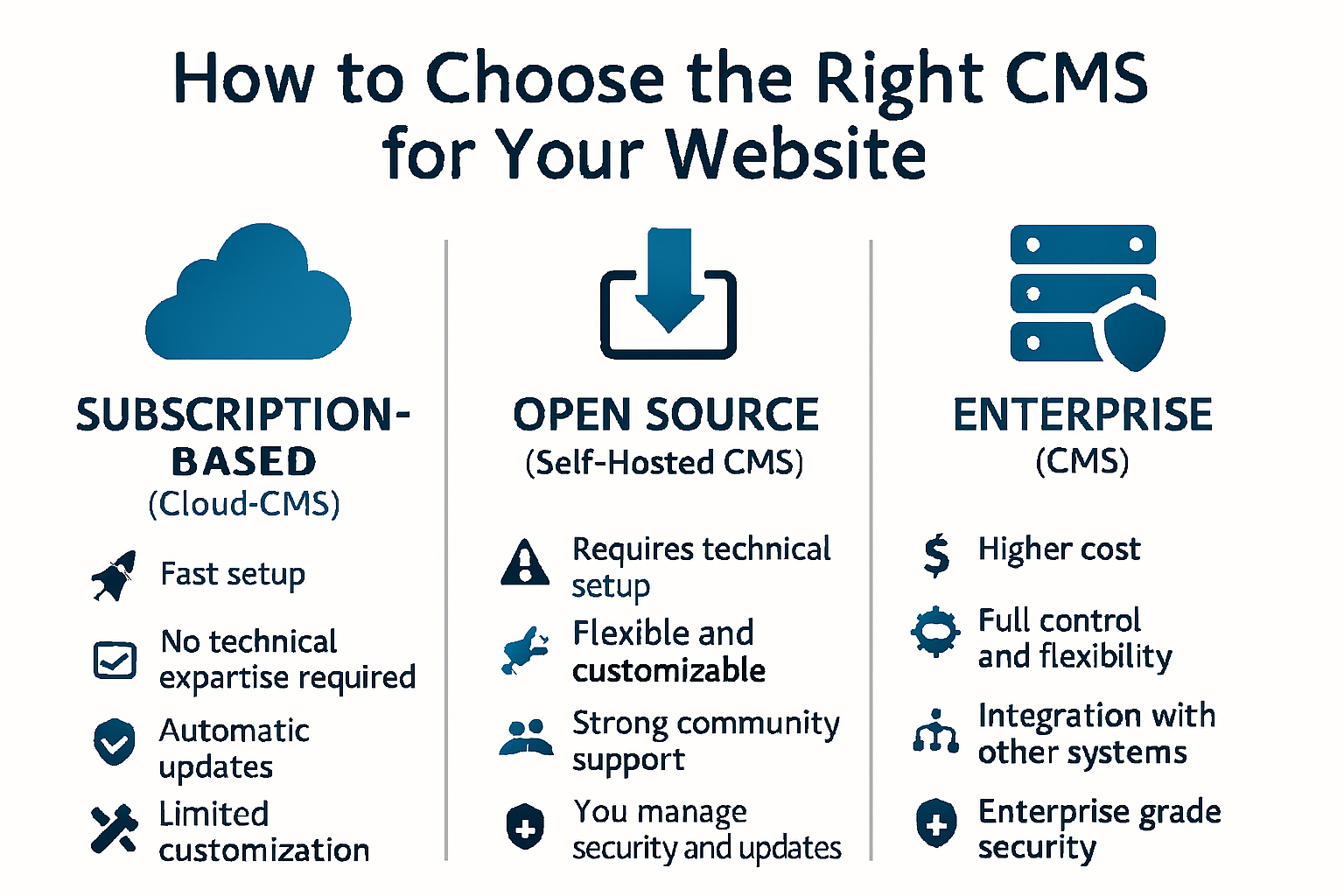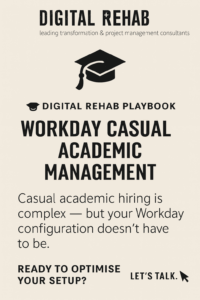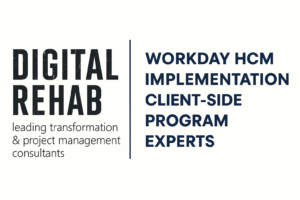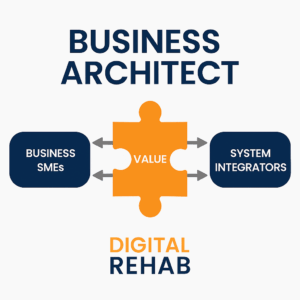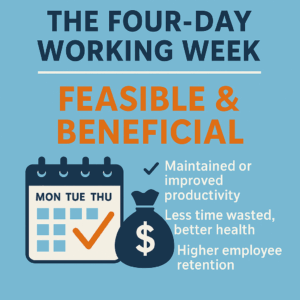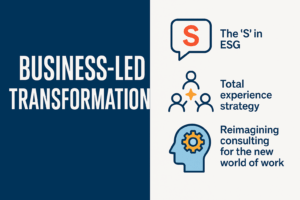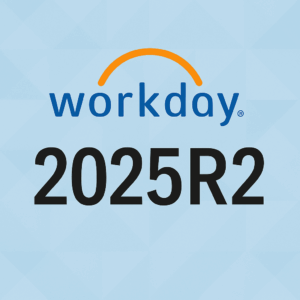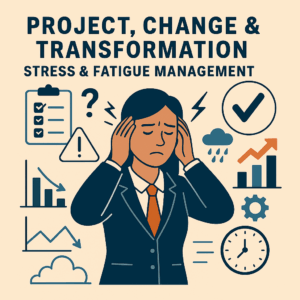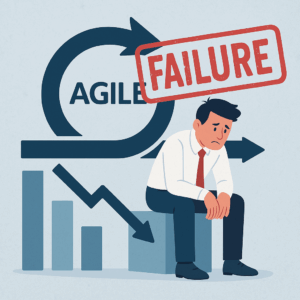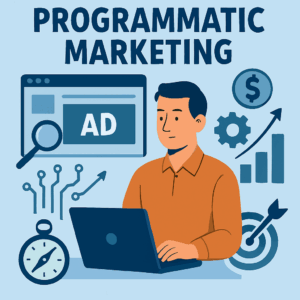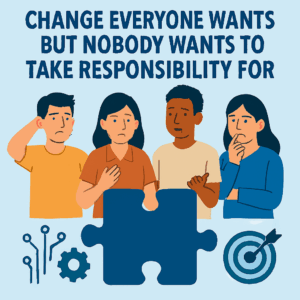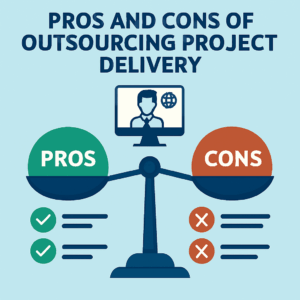A Practical Guide by Digital Rehab
Choosing the right Content Management System (CMS) is one of the most important decisions you’ll make when building or upgrading your website. A CMS is the engine behind your site’s content – managing everything from pages and images to ecommerce transactions and user data.
But with so many options available, how do you choose the one that’s right for your business?
Start with Your Requirements
Before diving into platforms, take time to define what you need. A simple bullet-point list of features, goals, and future aspirations can help you stay focused and avoid getting distracted by unnecessary “bells and whistles.”
Consider mapping out:
- Your business process (how your team interacts with the site)
- The user journey (how visitors navigate and convert)
- Security and storage needs
- Functions you need now vs. those you can add later
This clarity will help you identify gaps and ensure your CMS supports both front-end experience and back-end operations – especially critical for ecommerce sites.
Types of CMS Solutions
1. Subscription-Based (Cloud CMS)
These are hosted, pay-monthly platforms that bundle content management, hosting, security, and updates into one package.
Pros:
- Fast setup
- No technical expertise required
- Automatic updates and maintenance
- Built-in support and training resources
- Ideal for small businesses and solo operators
Cons:
- Limited customisation
- Less control over hosting and data
- May not scale well for complex needs
Popular examples: Wix, Squarespace, Shopify, BigCommerce
2. Open Source (Self-Hosted CMS)
Downloadable platforms that you host and manage yourself. These offer flexibility and control, but require some technical know-how.
Pros:
- Free to download
- Full control over hosting and design
- Extensive plugin ecosystem
- Strong community support
- Scalable and customisable
Cons:
- Requires developer setup
- Manual updates and maintenance
- Hosting and security are your responsibility
Popular examples: WordPress, Joomla, Drupal
3. Enterprise CMS
Designed for large organisations with complex needs, high security requirements, and integration demands.
Pros:
- Full customisation
- Advanced security and change control
- Integration with other business systems
- Hosted on-premise or via high-grade third-party servers
- Ideal for regulated industries or large-scale operations
Cons:
- Higher cost
- Longer setup time
- Requires in-house technical expertise
- Licensing fees may apply
Popular examples: Adobe Experience Manager, Sitecore, Kentico
Quick Comparison Summary
| CMS Type | Setup Speed | Cost | Technical Skill | Customisation | Support Level | Best For |
|---|---|---|---|---|---|---|
| Subscription-Based | Fast | Low–Medium | Not Required | Limited | Free & Built-In | Small businesses, startups |
| Open Source | Moderate | Low | Some Required | High | Community-Based | SMEs, developers, content teams |
| Enterprise | Slow | High | Required | Full | Premium/Custom | Corporates, regulated industries |
Final Thoughts
The right CMS depends on your goals, resources, and how much control you need. Whether you’re launching a simple site or building a complex digital ecosystem, mapping your requirements first will help you choose a platform that grows with your business.
Need help selecting or configuring your CMS?
Digital Rehab can guide you through setup, integration, and optimisation – ensuring your website delivers on every front.

